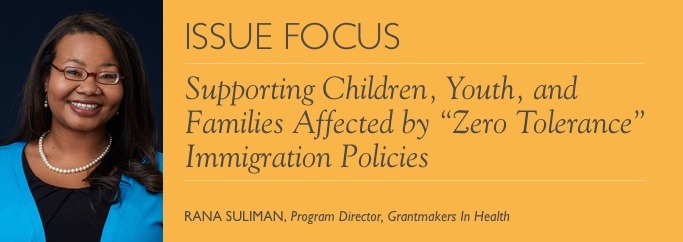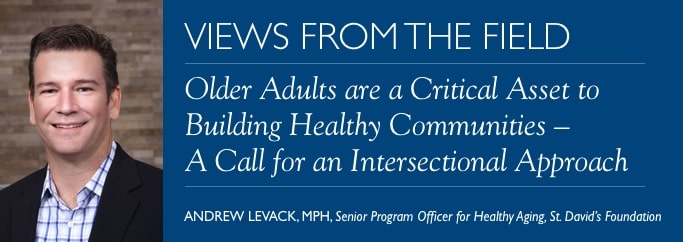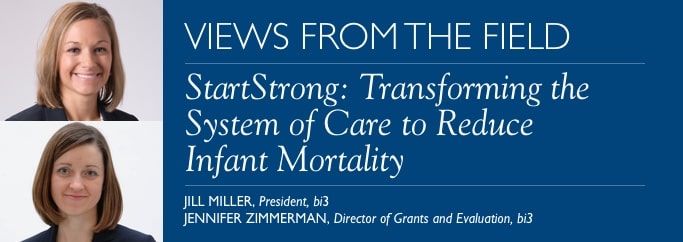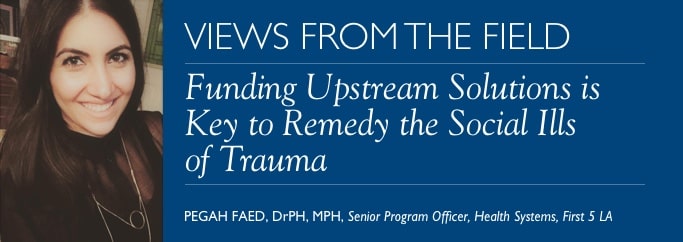Expanding Family-Friendly Workplace Policies
This webinar discussed the emerging policy consensus and current efforts to make comprehensive paid leave a reality across the country.
Ensuring that Medicaid and CHIP Meet the Needs of Vulnerable Children
This webinar reviewed the latest policy updates, forecasted gaps, and opportunities to protect Medicaid and CHIP coverage for children with special health care needs and children in immigrant families.
Older Adults are a Critical Asset to Building Healthy Communities – A Call for an Intersectional Approach
St. David’s Foundation considers the well-being of older adults as a fundamental aspect to our goal of building the healthiest community in the world. However, for many donors, supporting older adults is not a funding priority.
StartStrong: Transforming the System of Care to Reduce Infant Mortality
It is a dichotomy to think that the United States, with the sophisticated medical care available here, has higher infant mortality rates than most other developed countries. A higher rate of premature births in the United States is the main reason for this poor ranking.
Funding Upstream Solutions is Key to Remedy the Social Ills of Trauma
The root cause philanthropy cannot ignore, regardless of the outcomes we seek or the population we serve, is exposure to trauma. Trauma is defined as the effects of a single event, a series of events, and ongoing circumstances that are experienced or perceived as physically or emotionally harmful and life threatening.
Health Care for Youth Transitioning Out of Foster Care
On this webinar, funders heard about the range of health care issues these young people face, examples of programs that assist them, and the ways in which philanthropy is making a difference in their lives.






